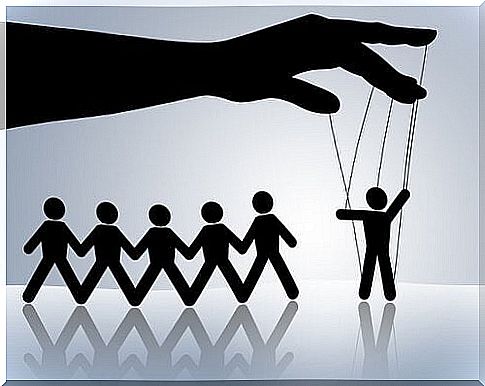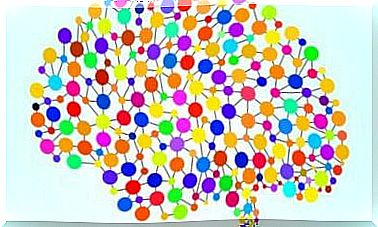The Harassing Manipulator

There are many benefits to being the eternal victim. The victim is in some way safe from criticism from others. It also receives the compassion and understanding of many, no matter what it does. In fact, anyone who dares to question the actions of a supposed victim is seen as insensitive or heartless.
Persistent victim status is in many cases a strategy that initially leads to more benefits than problems. This state allows any kind of immunity so that whatever they think is considered legitimate; everything that the alleged victims say is affirmed; that good intentions are seen behind everything they do. But in more than one case, conscious or unconscious blackmail is behind the supposed victim status.

The victims
Of course there are real situations in which people become victims. For example in the case of abuse, in which you have no chance to react. For example, if someone is insulted or abused in the street by a person in a position of power, then he cannot overcome the power of a weapon, a uniform, a position or the like.
The objective state of victimization arises from such situations. But this condition is not eternal, nor should it be an ignition that marks a person forever as a victim. After they have overcome this situation of powerlessness, some people continue to play their victim role, which is an option and not a must.
One thing is certain: a victim demands attention, care, support, and affection. It takes this dedication and understanding to be able to leave one’s state of shock and vulnerability. You can’t argue about that. What is at stake, however, is the role of the victim as an existential matter. A traumatic event becomes an eternal cover sheet here. And it’s about not just bearing testimony to a ghastly fact, but also about obtaining privileges to which one would otherwise not be entitled.
These are the types of people who make sure that their suffering shows very clearly on their résumé. In more serious cases, some believe that they are getting a free ticket to hate or hurt others for being the victim of a particular situation.

Recognize the harassing manipulator
There are some signs that people are manipulating by playing the victim. The most important notes are as follows:
- The victim does not ask directly for what he wants, but sends unclear messages, for example in the form of a complaint. For example, this person suddenly says, “ Nobody knows how difficult it was for me to get this far. “Then you don’t know whether he wants you to acknowledge his merit, whether he complains because it wasn’t difficult for you, or whether he needs help with something in particular.
- You feel more or a little guilty when you are with this person. Every conversation you have with her gives you the impression that you are responsible for something, but you cannot define what it is. There is a sadness or a vague discomfort that weighs on your shoulders in the presence of the “victim”.
- The victim is suspicious and suspicious. It often warns you of the bad intentions of others and justifies its misdeeds with past suffering. In fact, if you happen to criticize it, it could even accuse you of being indifferent or apathetic.
- You can make great sacrifices for others without asking. You will brag about it.
If someone exhibits these characteristics, then we are likely dealing with a person who has become a victim in life. Certainly someone who is not happy with being in this position and is not fully aware of his behavior. In any case, this person is someone who has not yet finished with his traumatic experience.
He needs your understanding, but also your honesty. The best way to help someone like this is to tell them what you think of their attitude in a friendly and direct manner.
Images courtesy of YoSeLin









